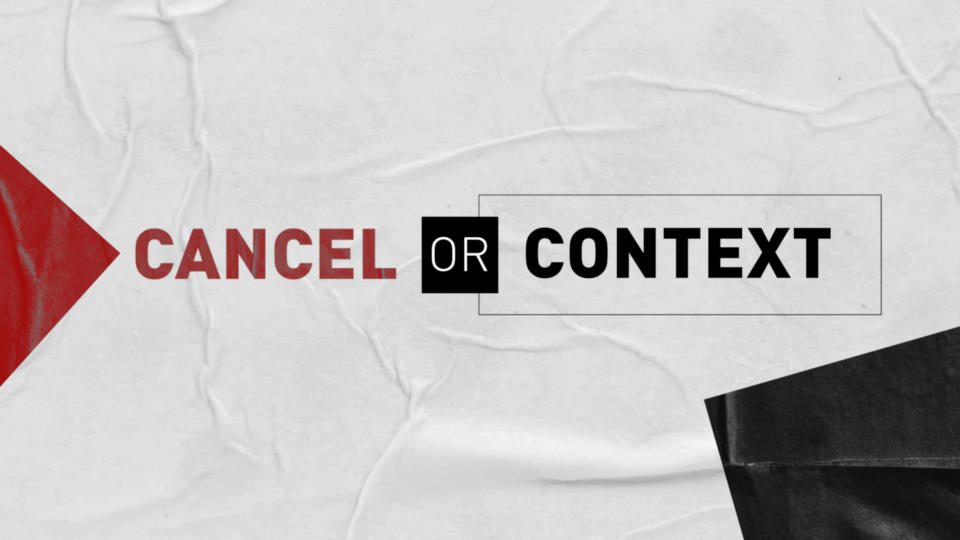CANCEL OR CONTEXT: LITERATURE
George Floyd’s murder and the deaths of other African Americans at the hands of police have become defining moments in the history of racial injustice.
The reckoning over centuries of oppression and discrimination have resonated far beyond matters of policing and civil rights to reappraisals of many aspects of society.
Divisive language, symbols, norms, brands and habits are being abandoned under what we call cancel culture, often accelerated by social media.
But to what extent societies can come to terms with these divisive elements isn’t easy, especially with the weight of history behind them.
So can we contextualize them enough to live with them?
In a new CGTN America series, Cancel or Context, Owen Fairclough examines three areas that often drive cancel culture: literature, monuments and sport.
And in the first episode, he tries to answer some difficult questions about the books he grew up reading.
CANCEL OR CONTEXT: MONUMENTS
Most of them were put up long after the American Civil War ended – and for many, that was the root of the problem.
Statues of leaders of the Confederacy, the predominantly southern states who seceded from the rest of the U.S. were toppled amid 2020’s global racial injustice protests that led to reappraisals of historic figures and their records.
Many of the monuments considered offensive reminders of slavery and segregation in the U.S. are now gone. But how to contextualize those that remain and their place in history isn’t easy to navigate.
CANCEL OR CONTEXT: SPORTS
Sport and politics have always been impossible to keep apart, despite the efforts of authorities. The U.S. Black Power protests at the 1968 Olympics and more recently, the viral impact of taking the knee are two of the most famous examples.
These protests were over racial injustice. And the worldwide Black Lives Matter protests have forced sports teams to consider their own identities, especially those here in the United States whose names have long been considered offensive to Native Americans.
But with fans across the political spectrum, this kind of abrupt change isn’t easy, even when the fans themselves are advocating it.
 CGTN America
CGTN America

